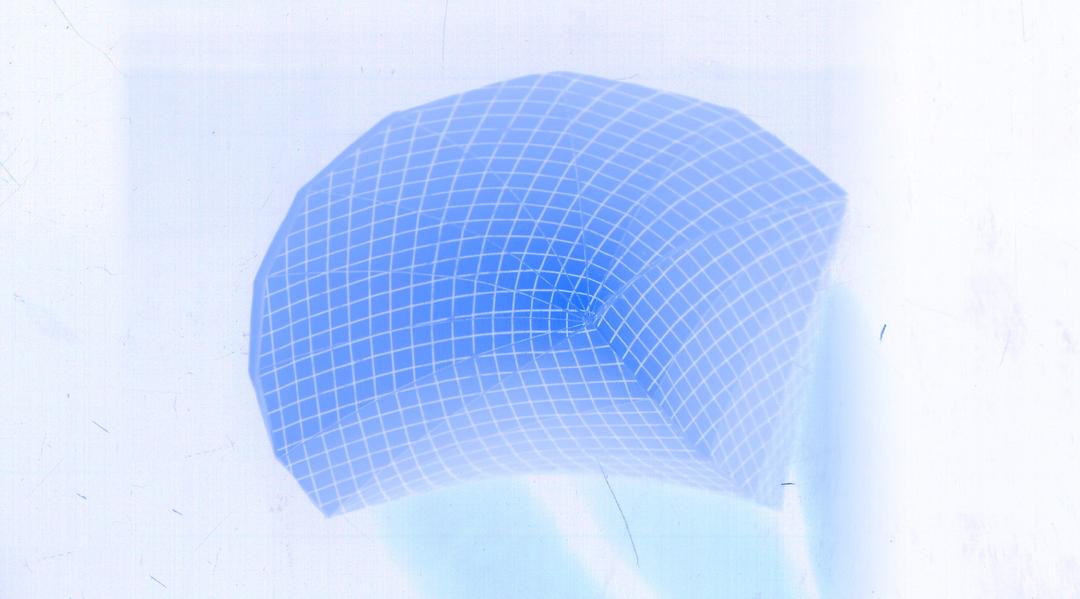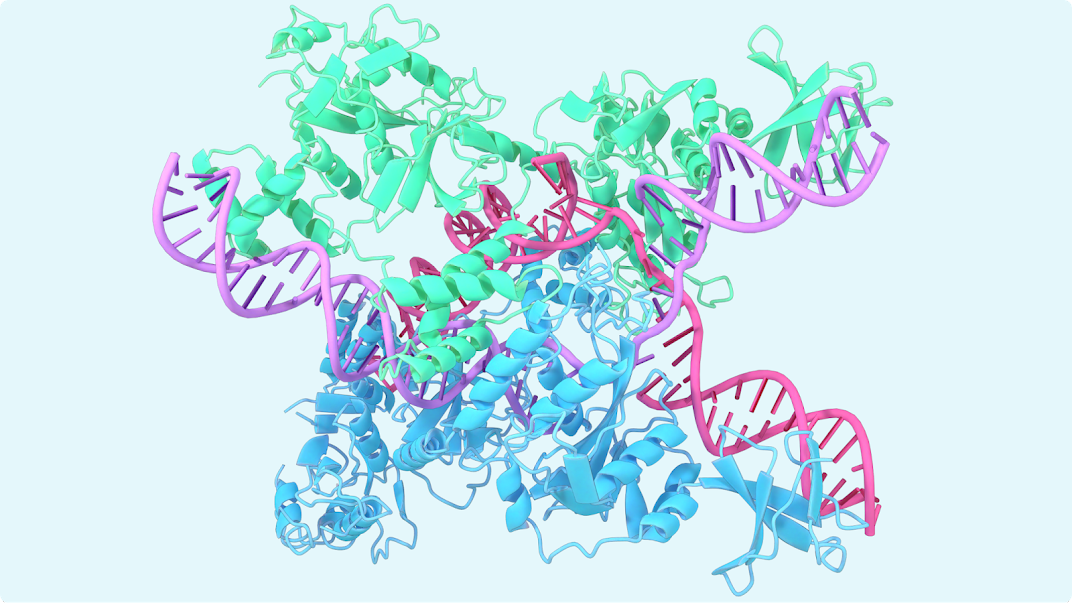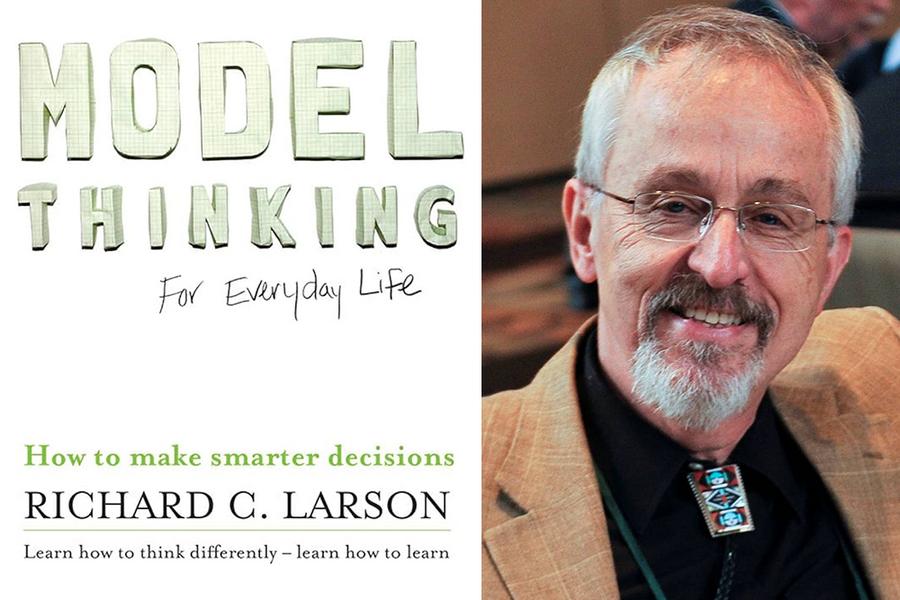We asked three cancer experts – Nobel laureate Professor Harald zur Hausen, Professor Walter Ricciardi and Dr Elisabete Weiderpass – for their thoughts on curing cancer. They all sit on the EU’s Horizon Europe mission board for cancer and will help to define a concrete target for Europe in this area over the next decade.
Prof. Harald zur Hausen, German Cancer Research Center, Heidelberg
‘Evidence of infections linked to cancer provide hope of preventing up to half of all cancers’
If we can ever cure cancer completely – that is an open question which I cannot answer. We have a good chance of drastically reducing the incidence of cancers, but what we see at present is that the incidence, or occurrence, of cancer is increasing globally.
The mortality of cancer patients is slightly decreasing, but the increase in incidence is not compensated by the decrease in mortality. There are still a large number of cases coming up every year, and if we really want to do something against cancer in the future, we need to stop the increase.
We know there are a number of cancer risk factors that can be avoided. At this moment, we also know of about 20% of cancers where infections are involved. We can not only effectively immunise patients against these types of cancer, but virtually eradicate it, in particular Hepatitis B (a cause of liver cancer) and Human Papillomavirus (which Prof. zur Hausen discovered is linked to cervical cancer) where we have vaccines that are presently available.
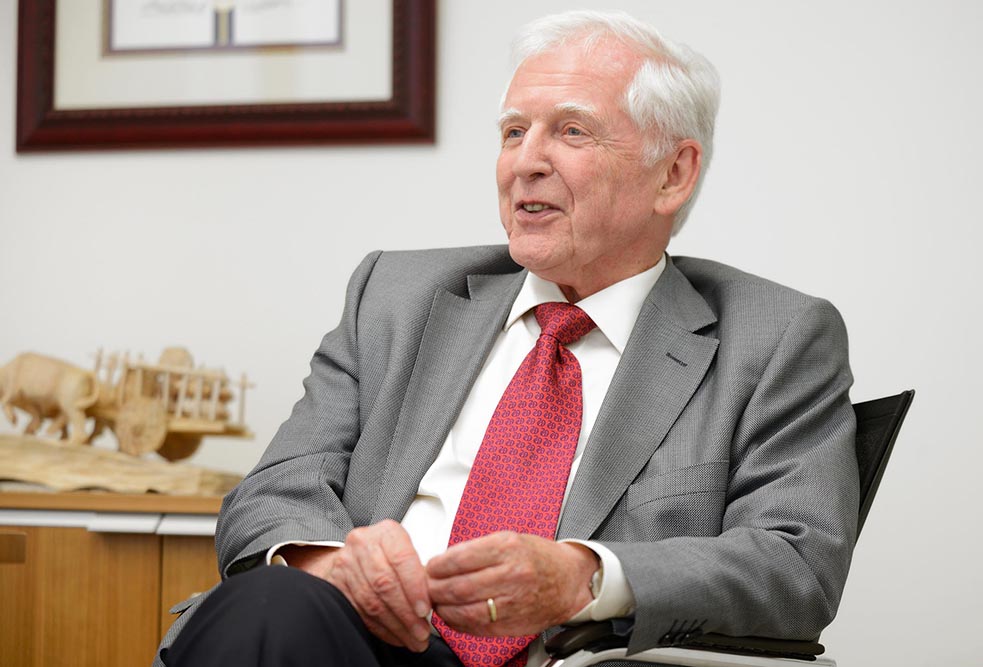
We believe we have evidence that at least 30% more human cancers are also linked to infectious events. This provides at least the hope that in the near future other methods can be developed that will also lead to long-term protection from those diseases – specifically colon cancer, breast cancer, and prostate cancer, where evidence is mounting that specific infectious events play a role.
Recently, we discovered a completely new class of infectious agents which are derived originally from plasmids. Plasmids are a kind of mini-chromosome of bacteria, which we find in a very large number of colon cancer patients. These are infections which persist for decades, causing chronic inflammations, and these inflammations are really the cause of oxygen radicals and mutation events in cells that are susceptible to cancer development.
We have all the (plasmid) genomes sequenced that we have identified so far, and what came up was really a surprise for us, because they do not represent viral nor bacterial sequences. They are slightly modified bacterial plasmids, originating from specific bacteria but learnt to replicate independently in cattle and human cells. We can demonstrate that they are found in inflammatory lesions of the colon, breast and prostate. So, in my opinion, this will hopefully permit new approaches for prevention and, in the long run, for treatment of these very common types of cancers.
The biggest challenge is to develop more basic research and put more emphasis on preventative measures to block the incidence of cancer occurrence, avoiding the precursor lesions of cancer with surgical interventions. We need to improve the treatment protocol for the curing of cancers. And we need to devise some methodology in order to reach long-term protection of patients, for a lifetime.
Prof. Walter Ricciardi, Università Cattolica del Sacro Cuore, Rome, Italy
‘Digital technology can help us find more precise ways of tackling these diseases’
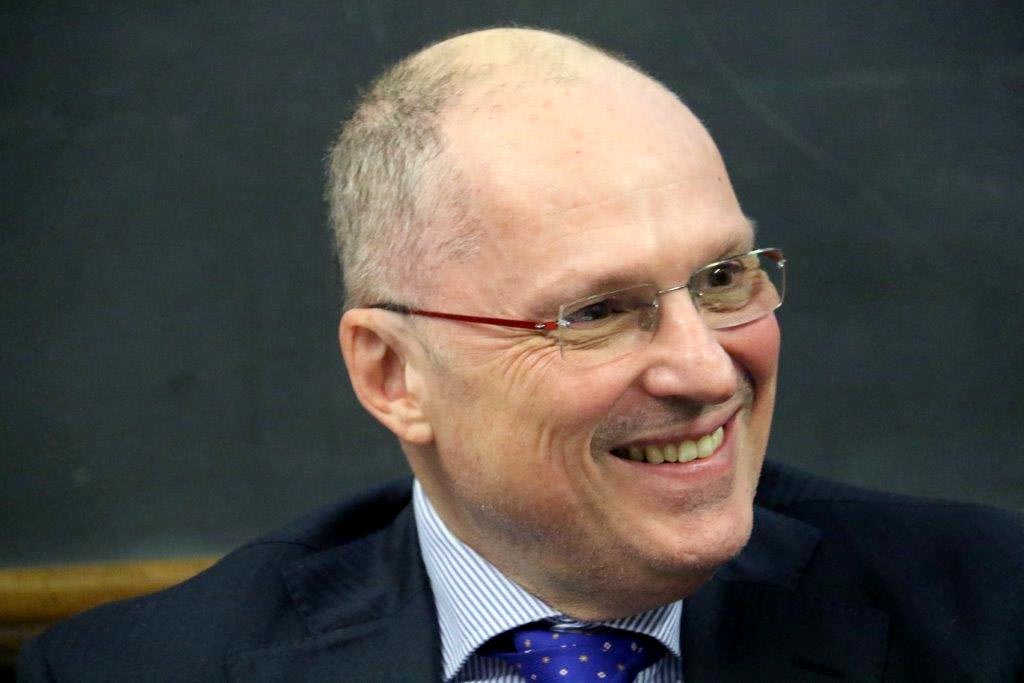
Cancer is a general definition for a series of diseases, so we cannot take a general approach – a solution for every type of cancer – but we can develop a general strategy. It needs an alliance between the different stakeholders, not only in the health sector, but also in the social sector, because many of the behaviours that favour the onset of cancer are modifiable by lifestyle and prevention. We also have to take advantage of the immense progress in technology. I’m confident we are going to find a better approach to tackle this disease.
We have the possibility via digital technology today to take a lot of data that, in principle, could be related to genome sequencing, since, as far as we know, there are some cancers that are genetically determined. We know that the majority are related to five factors, four of which are behaviours – alcohol use, tobacco use, eating too much, and not doing enough physical activity, as well as pollution. Digital technology can incorporate a lot of data, going from the very general to the specific characteristics of a single person.
Understanding someone’s specific characteristics means that we can develop a more personalised and precision-targeted approach, avoiding what happens now – where we provide a single drug, say for every kind of breast cancer. We know that produces side effects in some women who don’t get any real advantage from the drug. So, looking at a subpopulation of women who get breast cancer, that is the approach we have to develop.
Immunotherapy (where the patient’s immune system is stimulated to attack the cancer) has also been achieving incredible results. In the past, some cancers like lung cancers or metastatic melanoma were impossible to treat, where now we have the possibility to really treat them and, in some cases, to have a substantial solution to the disease. I think we can be optimistic also on this front.
The challenge for the future is the immense data that we will have – genomic data for 500 million (European) citizens – that has to be managed appropriately, with respect to privacy.
Dr Elisabete Weiderpass, International Agency for Research on Cancer, World Health Organization, Lyon, France
‘Individuals should learn the European Code Against Cancer – the 12 ways to reduce risk’
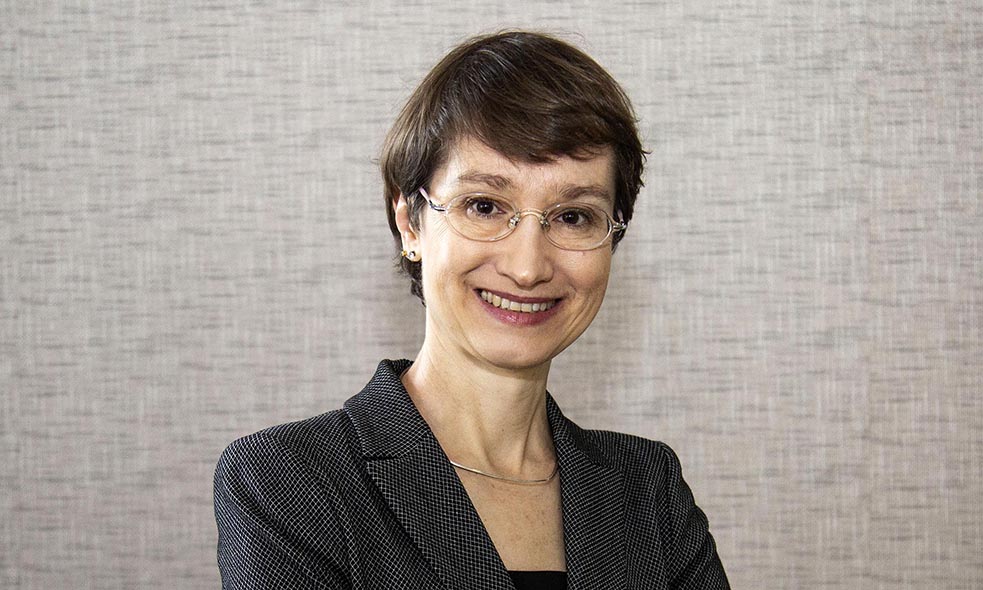
Cancer is a family of diseases. There are over a hundred different cancer types. Some types are curable, and indeed are being cured, particularly when they are detected earlier and in rich countries, while other types we just don’t know how to cure.
For some cancer types, let’s say early stage breast cancer, testicular cancer, and some types of leukaemia, we already know ways to diagnose it relatively early, as well as ways to treat it extremely effectively.
There are several cancer types where very substantial progress has been made, but there are several types that we don’t know how to deal with. There is a very common cancer type, prostate cancer, where we still do not know the best ways to detect it early and if it’s worthwhile to detect it early. We don’t have good screening tools and we don’t know how to differentiate between slow-growing types that do not need much intervention at all and rapid-growing types. So prostate cancer is definitely one cancer where we have a very big challenge in terms of public health because it affects a very large number of men.
With the enormous increase in the number of cancer patients expected over the next decades due to the increase in life expectancy, governments are called to urgently and more rigorously implement cancer prevention and cancer control programmes as 30-40% of cancers are preventable (in European countries; for other countries the proportion of preventable cancers is even higher).
What ordinary European citizens can do is learn the European Code Against Cancer. These are 12 ways, based on very solid evidence, to help reduce your cancer risk and to help detect certain cancers early.
For example, smoking remains responsible for half of all preventable cancers in Europe. An inappropriate diet which does not have enough fruits and vegetables and a diet that leads to obesity are other important causes of cancer in Europe.
As told to Ethan Bilby.
The interviews have been edited for clarity and length.
19/9/19 – This story has been updated to reflect that 30-40% of cancers are preventable in European countries and that in other countries the rate of preventable cancers is even higher.
The scope of the Horizon Europe Mission on Cancer will be under discussion on 25 September at the EU’s Research and Innovation Days event in Brussels, Belgium.
This post Will we ever cure cancer? was originally published on Horizon: the EU Research & Innovation magazine | European Commission.




